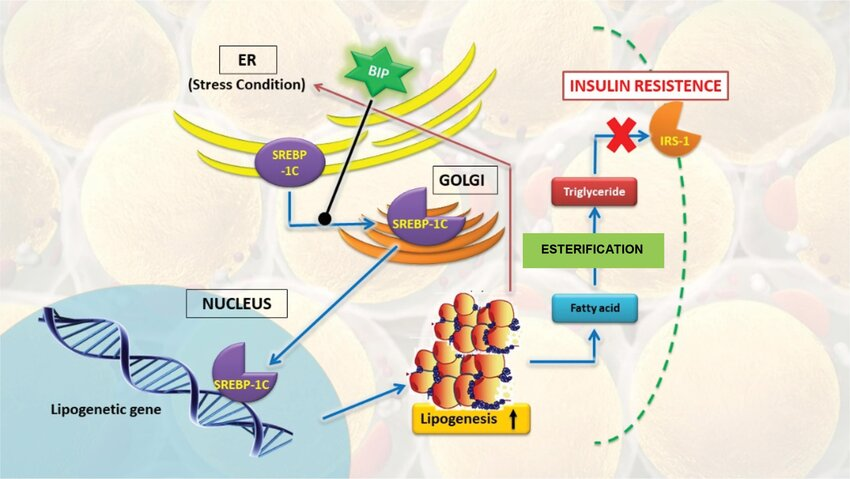JNU Team Identifies Hsp70’s Role in Disease Spread
Why in the news?
JNU researchers discovered Heat Shock Protein 70’s role in facilitating disease spread, offering new therapeutic targets for combating infections like COVID-19 and malaria.
JNU Team’s Breakthrough Discovery on Hsp70
- Researchers at JNU’s Special Centre for Molecular Medicine identified Heat Shock Protein 70 (Hsp70) as crucial in spreading diseases like malaria and COVID-19.
- Hsp70 is a molecular chaperone aiding protein folding and maintaining homeostasis under stress, such as high temperature or oxidative damage.
- Elevated Hsp70 levels during fever may stabilize interactions between SARS-CoV-2’s spike protein and human ACE2 receptors, enhancing viral infection.
About Heat Shock Protein 70 (Hsp70) :
- HSP70 Overview: A molecular chaperone that aids in proper protein folding and prevents misfolding, crucial for protein synthesis and protection from stress.
- Cellular Role: Helps in protein folding, aggregation prevention, and membrane transport; maintains protein homeostasis and cell survival.
- Stress Response: Elevates during cellular stress (environmental, biological, pathological), such as heat, oxidative stress, cell proliferation, and inflammation.
- Research Highlight: HSP70 interacts with SARS-CoV-2 spike protein and human ACE2 receptors, aiding viral entry.
- Therapeutic Potential: Inhibiting HSP70 blocks viral replication and may prevent drug resistance.
Sources Referred:
PIB, The Hindu, Indian Express, Hindustan Times




